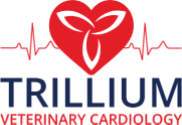
For Pet Owners

A veterinary cardiologist is a veterinarian who has undergone additional specialty training after attaining a Doctor of Veterinary Medicine (DVM) degree. In order to become a board-certified veterinary cardiologist, one must complete at least a one-year internship, followed by a three-year residency and then successfully pass the board certification process, including two written examinations. Similar to a human cardiologist, a veterinary cardiologist is specifically trained to be an expert in the diagnosis and management of various heart conditions. Veterinary cardiologists can offer resources, diagnostic tools and expertise as an extension of the care provided by family veterinarians, particularly for more advanced and complicated cardiac cases.
Common conditions we treat
- Myxomatous valve disease

- Dilated cardiomyopathy (DCM)

- Hypertrophic cardiomyopathy (HCM)

- Congestive Heart Failure (CHF)

- Arrhythmogenic Right Ventricular Cardiomyopathy (ARVC)
- Restrictive Cardiomyopathy (RCM)
- Pericardial effusion
- Patent Ductus Arteriosus

- Pulmonic Stenosis

- Subaortic Stenosis

- Atrial Fibrillation

- Atrioventricular (AV) Block
- Sick Sinus Syndrome
How do I know if my pet has heart disease?
In the early stages of heart disease, many pets do not show any outward signs at home. If your veterinarian detects a heart murmur or irregular heartbeat, this is often indicative of underlying heart disease. Early detection leads to improved outcomes – we can often use medications to slow down the progression of heart disease. With more advanced heart disease, pets can start to have difficulty breathing, coughing, decreased appetite, decreased ability to keep up with exercise/activity, weakness or fainting episodes. If you notice any of these signs, please contact your family veterinarian right away.



